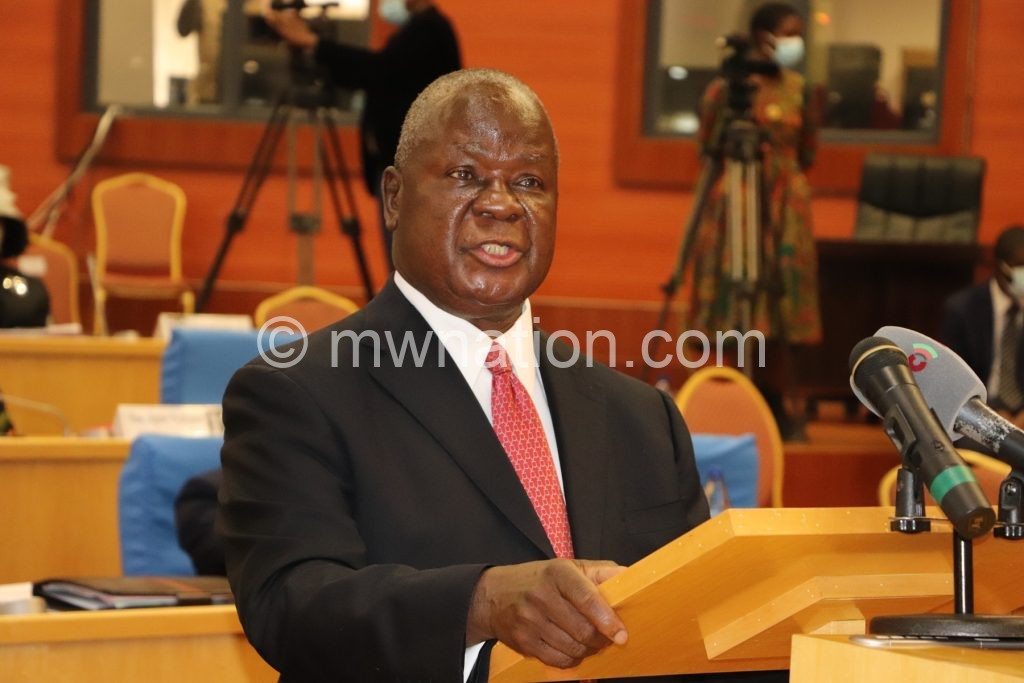Imbalances threaten growth prospects
Malawi’s economic recovery and growth face a potential risk from macroeconomic imbalances and continued government expenditure toward consumption at the expense of much-needed investment, the World Bank has warned.
According to the global financial lender the increasing domestic debt levels would raise interest rates, reduce fiscal space for investment and increase the costs for private sector investment.

In its thirteenth Malawi Economic Monitor the bank notes that after several years of stability, while the depreciating exchange rate should gradually help to reduce a significant trade imbalance and increase export competitiveness, it will also increase imported inflation and external borrowing levels.
The bank also notes that the fiscal deficit which may remain elevated in the medium-term, would also further increase the domestic debt burden.
“Revenues are being affected by the pandemic’s impact on growth as well as personal income tax reductions. Grants from bilateral partners may also be affected as countries refocus their resources to support their own economies,” read the report in part.
According to the bank, as pressures continue spending for pandemic response are expected to continue, this with continued domestic borrowing combined with exchange rate depreciation, increasing external debt in local currency terms, public debt and interest expenses are likely to increase.
Currently, figures from the Reserve Bank of Malawi (RBM) show that the kwacha shed off seven percent against the dollar between May 2020 and May this year as it retreated from an average K778 in January to K814.
According to the RBM figures, gross official reserves—under the direct control of RBM—dropped between May 2020 and May 2021 to $414.41 million, an equivalent of 1.66 months of import cover from $662.98 million, an equivalent of 3.17 months of import cover.
Economists Association of Malawi president Lauryn Nyasulu in an interview on Tuesday also observed that economy is under pressure singling out the instability of the kwacha and the rising cases of Covid-19 pandemic.
She said: “The country faces a number of risks among others including the slowdown in business activity and reduced production because of disrupted supply chains and difficulties in doing business under Covid-19 restrictions.
“On the other hand there is also a potential negative impact on the budget due to poor revenue performance and expenditure pressures for social relief. With these potential challenges, economic growth may not be as projected. Consequently, the deficit will likely be higher than the 7.1 percent in the budget.”
But when resenting the 2021/22 budget statement minister of Finance, Felix Mlusu painted a good picture on the macroeconomic environment projecting that the economy will register real economic growth rate of 3.8 percent in 2021 and 5.4 percent in 2020.
He also projected inflation rate at 7.5 percent in 2021 and 7.3 percent in 2022 adding that the exchange rate be stable at K780 to a dollar.
Mlusu said this is due to the facts that economic prospects for Malawi are showing signs of recovery following the declining Covid-19 pandemic cases and steady progress in rolling out the vaccine.





